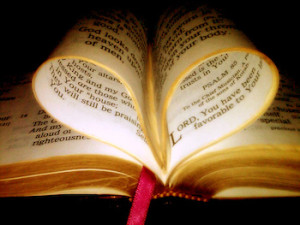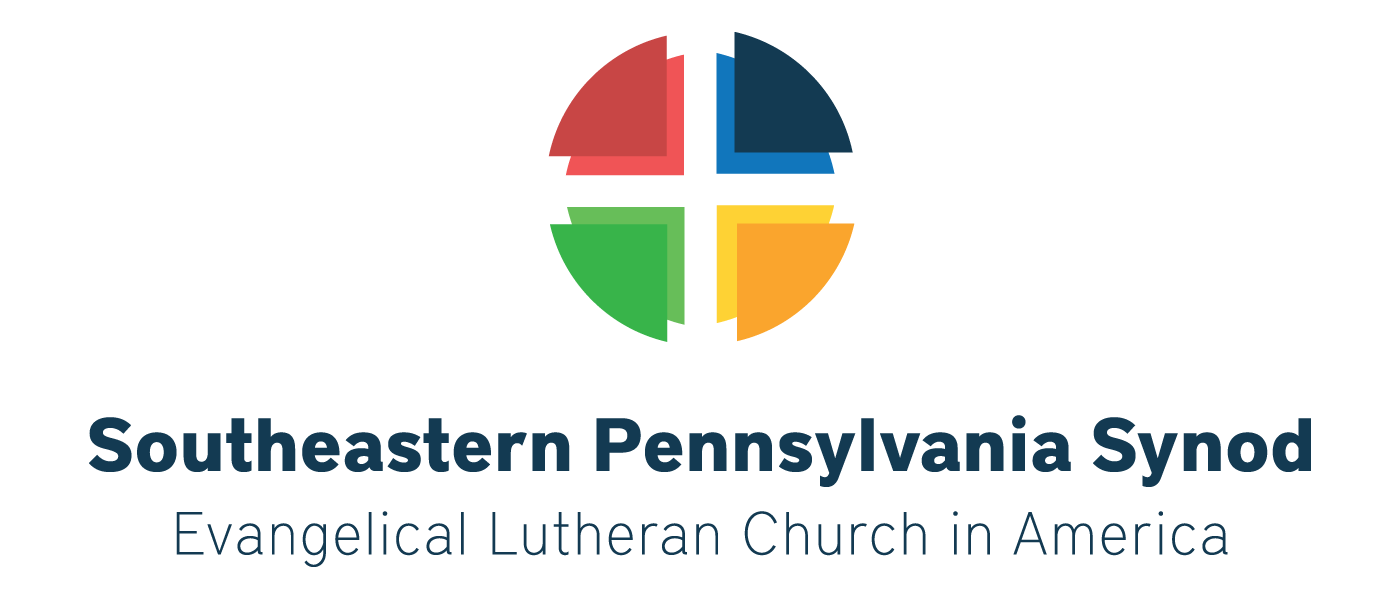June 15, 2014 in Bishop, Congregations
FAQ: Same-Gender Marriage in Pennsylvania

Following a U.S. District Court ruling on May 20, 2014, and the Corbett administration’s decision not to appeal, same-gender marriage is now legal in the Commonwealth of Pennsylvania. – Download a copy of this document –
May Southeastern Pennsylvania Synod congregations and pastors participate in same-gender marriages?
As the legal ban in our state had been lifted, congregations that choose to do so may marry same-gender couples.
Under what authority may this happen?
The 2009 Churchwide Assembly actions regarding human sexuality included a commitment to work with congregations to find ways to recognize committed same-gender relationships (CA09.05.25), and in states where such marriages are legal, marriage is the highest form of recognition.
Must congregations or pastors participate in same-gender marriages?
No. The Churchwide Assembly actions clearly state that decisions to support and recognize committed, accountable same-gender relationships are part of the pastoral ministry of the congregation and its pastor(s). Recognizing that the church is not of one mind on this subject, the actions provide that congregations and clergy should discern together whether to recognize such relationships and to what degree. The Southeastern Pennsylvania Synod and ELCA will respect the individual decisions of congregations and clergy on this matter.
Who makes such a decision?
Congregations, through their pastors and councils, discern this ministry for themselves. It is not the role of bishops or assemblies to decide for congregations. Pastors and congregational leaders may have mutual conversation about this question. Clergy cannot be required to marry – or not marry – any couple, same-gendered or opposite gendered, outside of their pastoral discernment. Yet pastors are not free agents who act on their own authority but on behalf of the congregation or organization that calls them and of the ELCA. The pastor and congregation should participate together in reaching consensus.
What if we need help discussing or deciding on this issue?
The 2009 ELCA social statement Human Sexuality: Gift and Trust is an excellent place to start, especially if your congregation has not discussed it before. The Synod will also put you in touch with persons who can help facilitate such conversations in your congregation. If you wish to talk with congregations and pastors who offer this ministry, call the Synod office and we will offer you a referral.
Why is there no hard-and-fast rule about same-gender marriages?
We acknowledge that faithful people can and will come to different conclusions about what constitutes responsible action in response to same-gender couples seeking recognition for their relationships. The recent court decision opens some possibilities for congregations that wish to recognize these relationships, while the ELCA maintains the ability for individuals, congregations and clergy to abide by their consciences in this matter. Human Sexuality: Gift and Trust itself acknowledges that persons may arrive at different conclusions, from viewing same-gender relationships as sinful or concluding that in a broken world some relationships do not pattern themselves after traditional marriage, to deciding to support same-gender relationships short of marriage or believing that same-gender relationships should be lived out with lifelong and monogamous commitments held to the same standards as heterosexual marriage. (p. 20-21)
We seek through this guidance to see these differences as a gift to be celebrated as we live out that which unites us: the mercy and grace of Jesus Christ who leads us into mission and ministry in the world.

